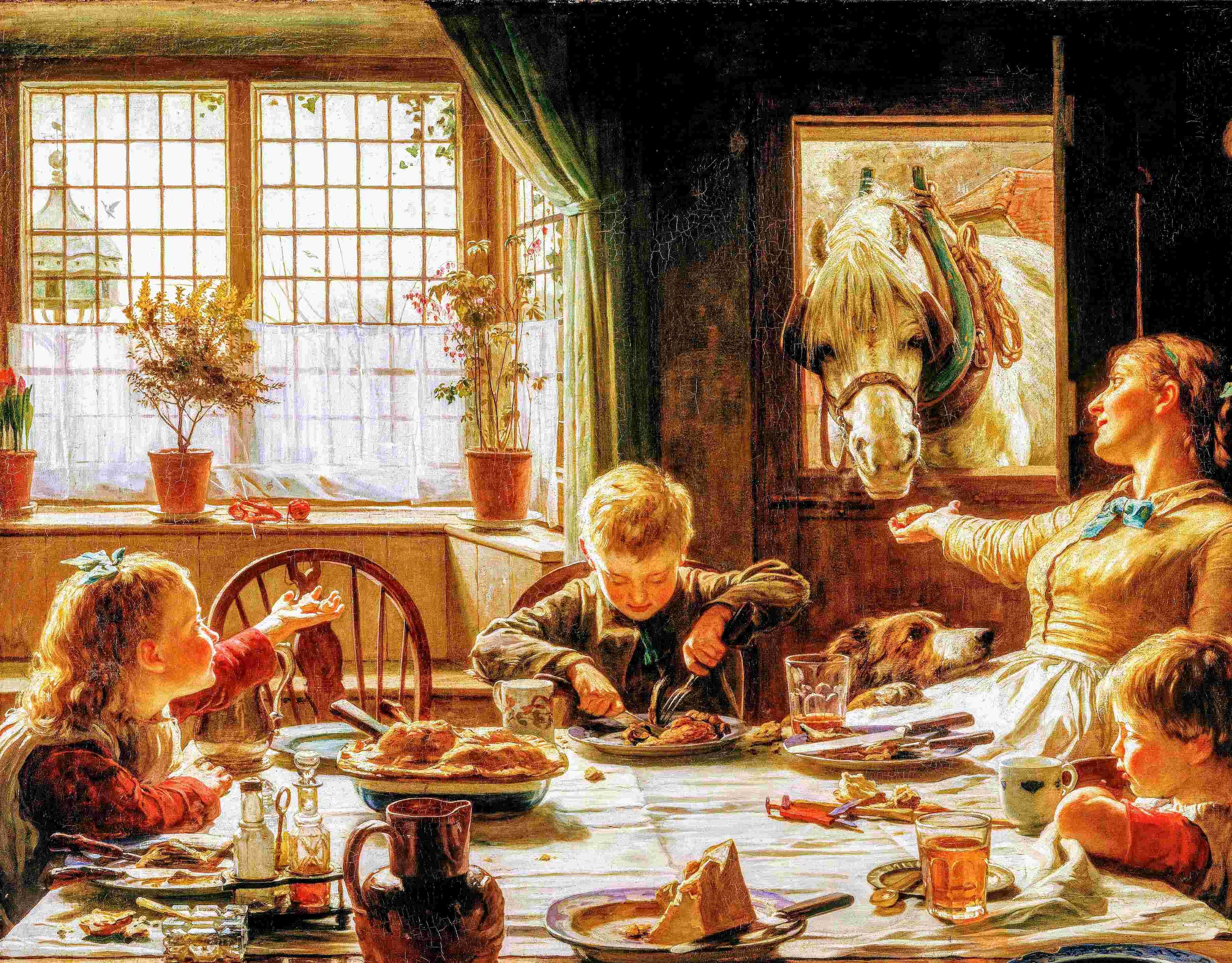Learning how to manage emotions is an essential part of growing-up. According to a 2005 study from the nonprofit organization Zero to Three (National Center for Infants, Toddlers, and Families), social-emotional development refers to children's ability to experience, manage and express their feelings, and explore their environment. Social-emotional development is all about empathy and the rules of appropriate behavior.
From childhood to adolescence, children cross several physical and mental milestones, especially in their first years. Social-emotional development is related to brain health and can be different for each child. It evolves as children grow, starting with the parents providing a feeling of safety for their babies. Then toddlers will learn how to interact appropriately with others through experiences like pretend play, an excellent way to learn to regulate emotions and work well with people.
In addition to the family, school plays a crucial role in the emotional and social development of a child, along the successive stages. In elementary (or primary) school, social-emotional development focuses on executive functioning skills, such as self-control and memory. The young students engage in play-based activities, like learning to advocate for themselves.
In middle school, “We can teach students to be aware that the way their body and minds feel will affect their social communication,” says Mary Hadley, a speech-language pathologist. The goal is to help children understand that everyone experiences emotions, neutral, positive, or negative.
At high school, relationships with peer groups become very important. Teenagers begin to figure out where they fit in the world and to establish their identity outside of their family. However, when it comes to social-emotional development, parents remain an essential resource for their children. They may support them in prioritizing family time (like eating meals together), clearly labeling their kids feelings, and taking serious interest in the activities their kids enjoy and value, even if it's playing video games.

Picture: One of the Family, by Frederick George Cotman (Google Art Project, Wikimedia Commons, w/Effects)



